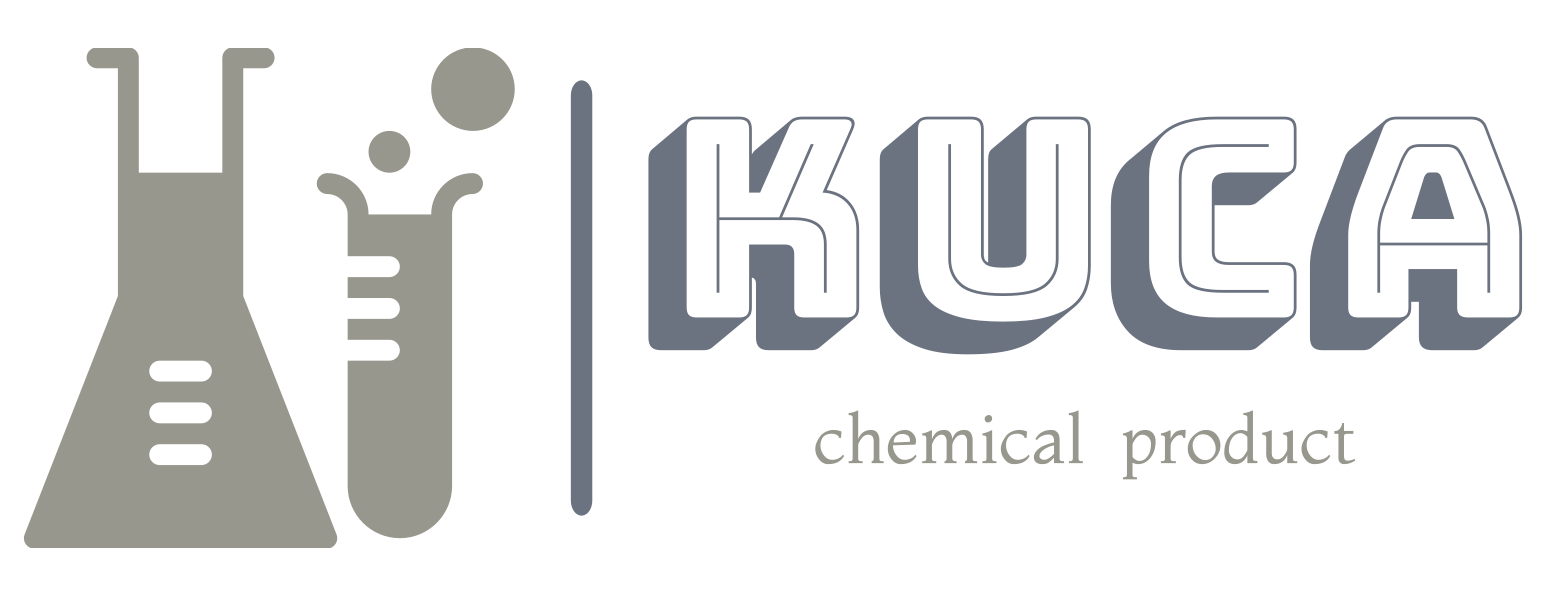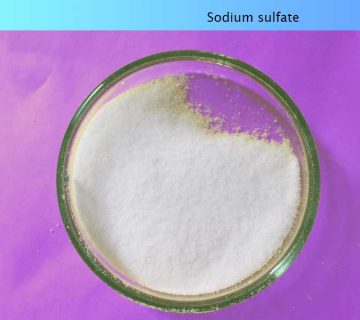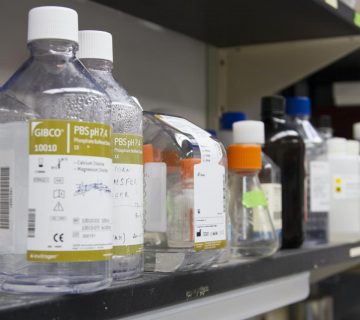Diethylenetriamine (abbreviated as DETA) is an organic compound with the chemical formula C4H13N3. It is a colorless liquid with a strong ammonia-like odor and is commonly used in various industrial applications. In this article, we will explore the properties, uses, and benefits of diethylenetriamine.

Properties of Diethylenetriamine
Diethylenetriamine is a water-soluble, flammable liquid with a boiling point of 207 °C and a melting point of -39.6 °C. It has a strong odor and is highly reactive. Diethylenetriamine is a triamine, meaning that it contains three amino groups (-NH2) and can act as a chelating agent.
Uses of Diethylenetriamine
Diethylenetriamine has a wide range of uses in various industries. Here are some of the most common uses of diethylenetriamine:
1. Chemical Synthesis: Diethylenetriamine is used in the production of various chemicals, such as chelating agents, epoxy curing agents, and surfactants.
2. Petroleum Industry: Diethylenetriamine is used in the petroleum industry as a corrosion inhibitor and as a component of drilling muds.
3. Paper and Pulp Industry: Diethylenetriamine is used in the paper and pulp industry as a wet-strength resin and as a de-inking agent.
4. Water Treatment: Diethylenetriamine is used in water treatment as a chelating agent to remove heavy metal ions from wastewater.
Benefits of Diethylenetriamine
Diethylenetriamine has several benefits, including:
1. Reactivity: Diethylenetriamine is highly reactive, making it useful in various chemical reactions.
2. Chelating Properties: Diethylenetriamine can act as a chelating agent and bind to metal ions, making it useful in various industrial and water treatment applications.
3. Versatility: Diethylenetriamine has a wide range of uses in various industries, making it a highly versatile and valuable compound.
4. Environmental Friendliness: Diethylenetriamine is a relatively safe and environmentally friendly compound.
Conclusion
Diethylenetriamine is a highly versatile and widely used compound that plays a critical role in various industries. It is commonly used in chemical synthesis, the petroleum industry, the paper and pulp industry, and water treatment. Diethylenetriamine is highly reactive, has chelating properties, and is relatively safe and environmentally friendly, making it a valuable and useful compound. Overall, diethylenetriamine is an important and valuable compound that has a wide range of applications in various industries.





No comment